Expert Safety Advice For Do’s and Don’ts of Traveling
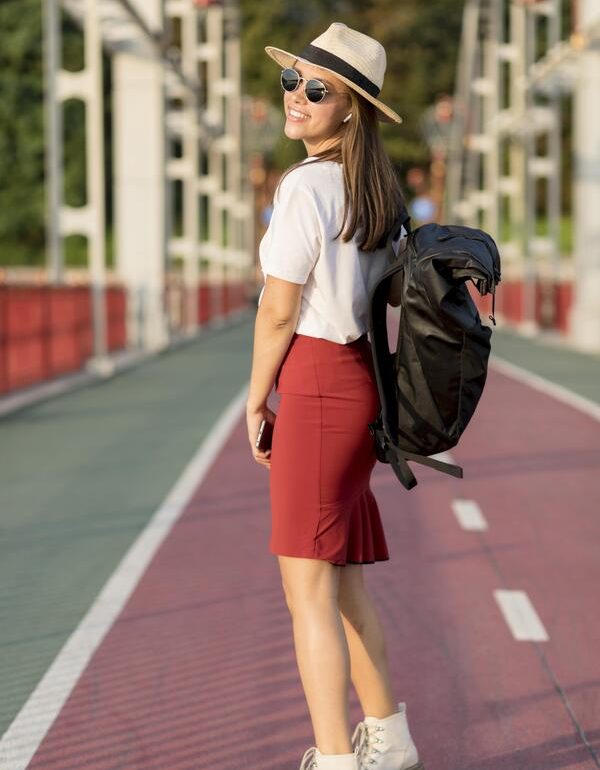
Get familiar with essential safety tips and the key Do’s and Don’ts of Traveling to ensure a worry-free adventure. Stay safe and travel smart with our advice!
Many assume the top travel dangers involve terrorist attacks. However, according to NBC News, you’re more likely to choke on food, get struck by lightning, or even be buried alive than face such a situation.

Others point to car accidents, but that’s not quite right either. The truth is, travel injuries are often self-inflicted, arising from poor decisions and overlooked risks.
As someone who learned these lessons firsthand after illness, injury, and theft while traveling, I can tell you that following expert advice on the do’s and don’ts of traveling can save your trip.

Young businessmen look good on the outside background.
Avoid Common Injuries With Better Judgment
The leading cause of travel injuries isn’t terrorism or wild animals—it’s poor judgment. Many travelers overestimate their abilities, particularly when it comes to vehicles or adventure sports. Whether it’s riding a scooter in Southeast Asia or jet skiing in Mexico, unfamiliarity with local traffic rules or machinery can lead to serious accidents. If you’re not trained, don’t engage. Always wear protective gear, and ensure you’re fully prepared before attempting these activities. Better yet, stick to guided tours where professionals can handle the logistics.
Alcohol is another factor that leads to unfortunate injuries. A rooftop party in Europe might seem fun until someone falls from a balcony, or a boat ride turns dangerous when judgment is clouded. Drinking responsibly is key to staying safe, especially when engaging in physically demanding or risky activities.

Beware of Transfer Trauma and Wildlife Hazards
Another common cause of injury is transfer trauma—accidents that occur when travelers rush off buses or trains. Gaps between platforms, slippery steps, and uneven pavements can lead to nasty falls. Always take your time, be mindful of your footing, and avoid distractions like staring at your phone while moving.
Travelers are also drawn to wildlife encounters, but even seemingly harmless animals can pose a threat. Feeding monkeys, for example, might lead to bites or scratches, while local laws in certain countries may penalize you for interfering with wildlife. Admire animals from a safe distance and leave the selfies for landscapes, not wild creatures.

Young woman wearing a surgical mask sitting next to a suitcase and looking at the camera on an out of focus background. Travel and safety concept.
Maintain Health and Hygiene
Neglecting your medical routine while traveling can result in health complications. Whether it’s high blood pressure, diabetes, or a chronic condition, your body doesn’t take a vacation. Missing medication can have disastrous consequences.
Pack your medications in your carry-on, and set reminders to take them on schedule. One of the simplest ways to avoid illness is by washing your hands frequently. Hand sanitizers may seem excessive, but they can be a lifesaver, especially in areas with questionable hygiene.
Food safety is another common issue. Tempted by local street food? It’s wise to be cautious. Poorly prepared food or unsanitary cooking conditions can lead to food poisoning, which can ruin your trip. Always wash fruits and vegetables before eating them, and ensure that hot foods are thoroughly cooked.

Robber running fast on unfocused background
Protect Yourself From Theft
When traveling, your belongings are always at risk, particularly in busy tourist areas. To avoid being a target, follow the key do’s and don’ts of traveling when it comes to protecting valuables.
Sew secret pockets into your clothes, use money belts, and keep your belongings in sight. One trick seasoned travelers use is to lock expensive items like cameras in hotel safes and to carry only essentials with them.
Pickpockets tend to target tourists, so split up your cash, avoid flashy displays of wealth, and try to blend in with locals. Avoid crowded areas when possible, and if you must be in a busy place, keep your bag in front of you, secured with a lock.
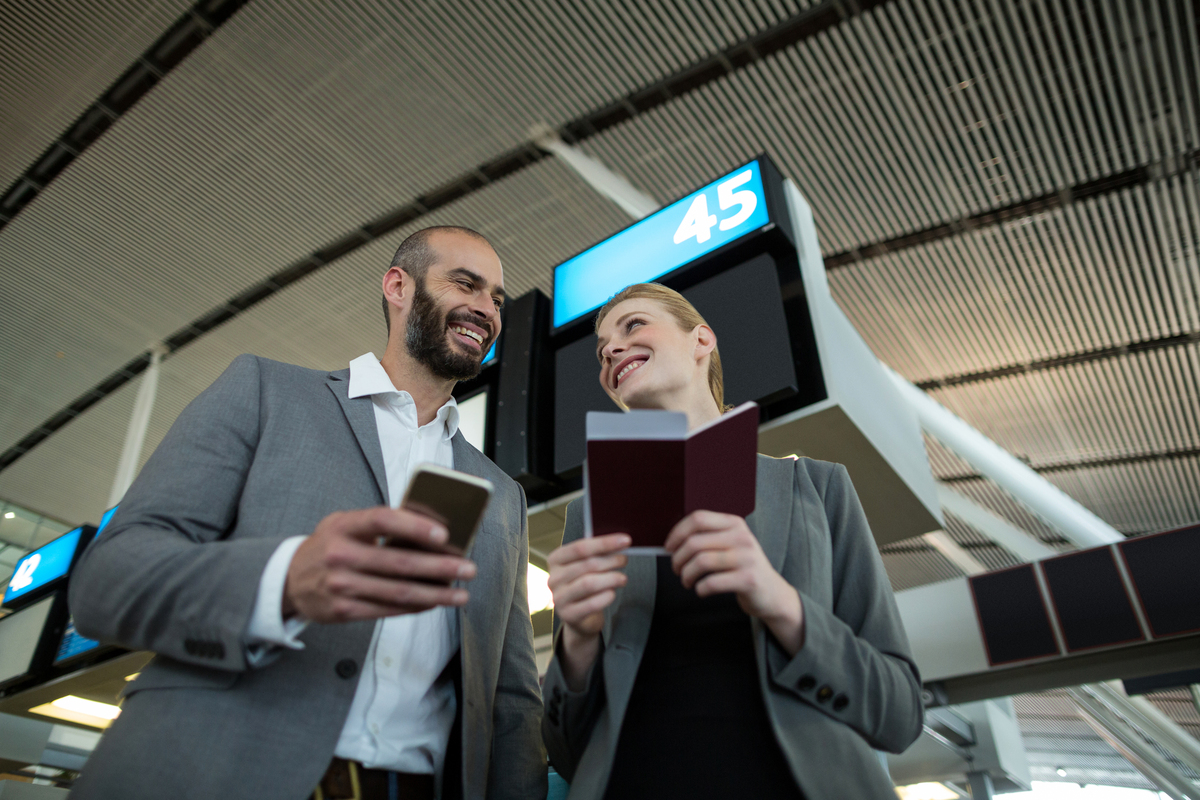
Business people holding boarding pass and using mobile phone in airport terminal
Digital Security and Insurance Are Key
In today’s digital age, public WiFi is a goldmine for hackers. Don’t risk having your personal information stolen. Instead, use a VPN to secure your connection or invest in a portable router to create your own private network. Another vital safeguard is travel insurance. Whether it’s a health emergency or a lost passport, having insurance ensures you can access help when needed, without exorbitant costs.

New normal white caucasian couple male – female traveller after corona virus, covid-19 outbreak, Social distancing at international airport terminal
Plan Ahead to Stay Safe
Finally, proper preparation is key to staying safe while traveling. Research your destination thoroughly, know local health risks, and familiarize yourself with the location of hospitals and embassies. Adjust your sleep schedule gradually to avoid jet lag and take small measures, like using noise-canceling headphones and sleeping masks, to improve your rest on long journeys.


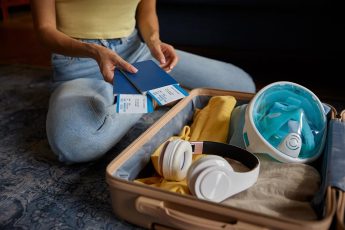
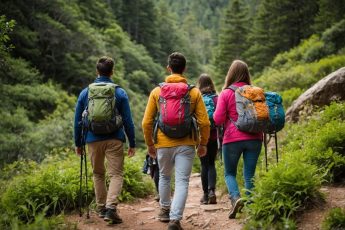
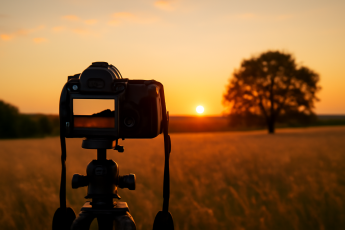
 Welcome to this vibrant corner of the internet—"Dreamy Grace!" This lifestyle blog is a space for inspiration, creativity, and connection. Feel free to explore, engage, and share your thoughts—after all, this blog is just as much yours as it is ours. Happy reading!
Welcome to this vibrant corner of the internet—"Dreamy Grace!" This lifestyle blog is a space for inspiration, creativity, and connection. Feel free to explore, engage, and share your thoughts—after all, this blog is just as much yours as it is ours. Happy reading!


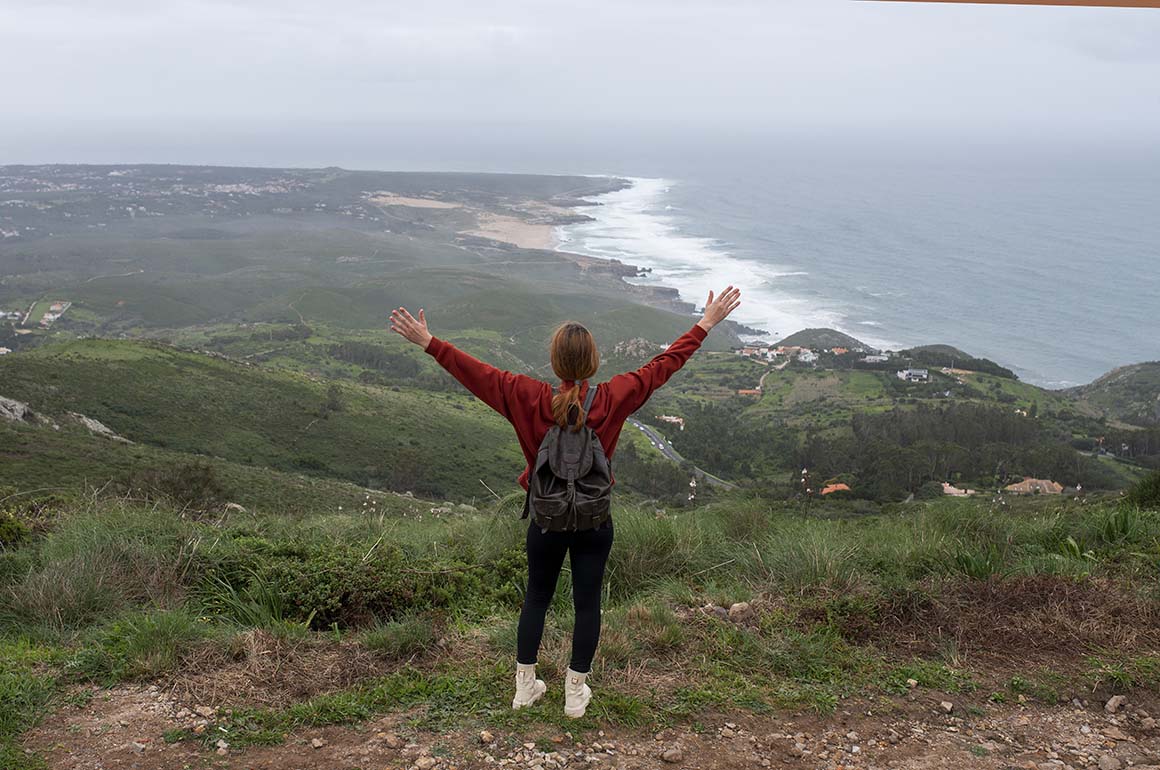
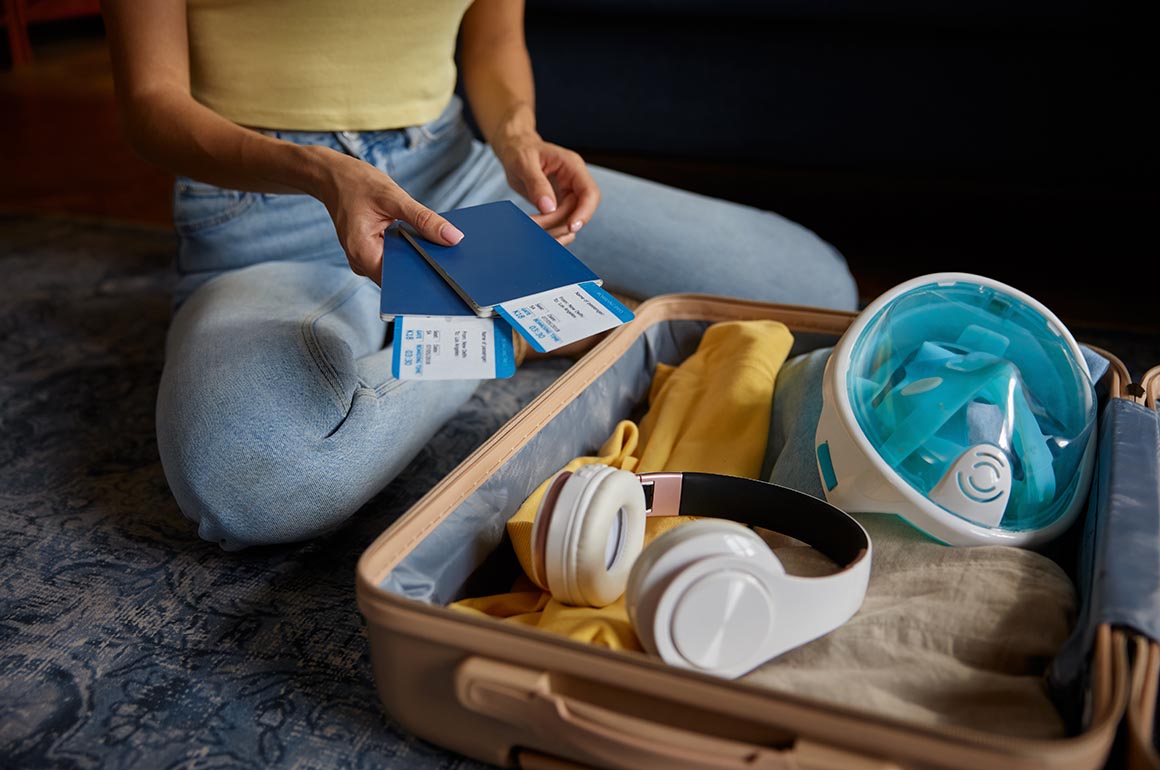
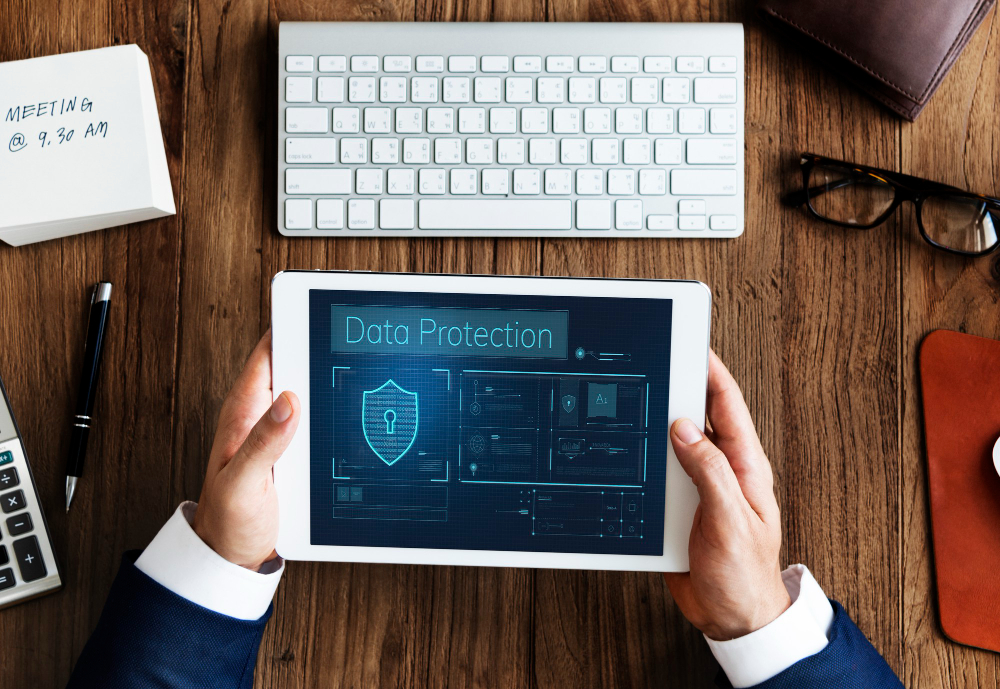
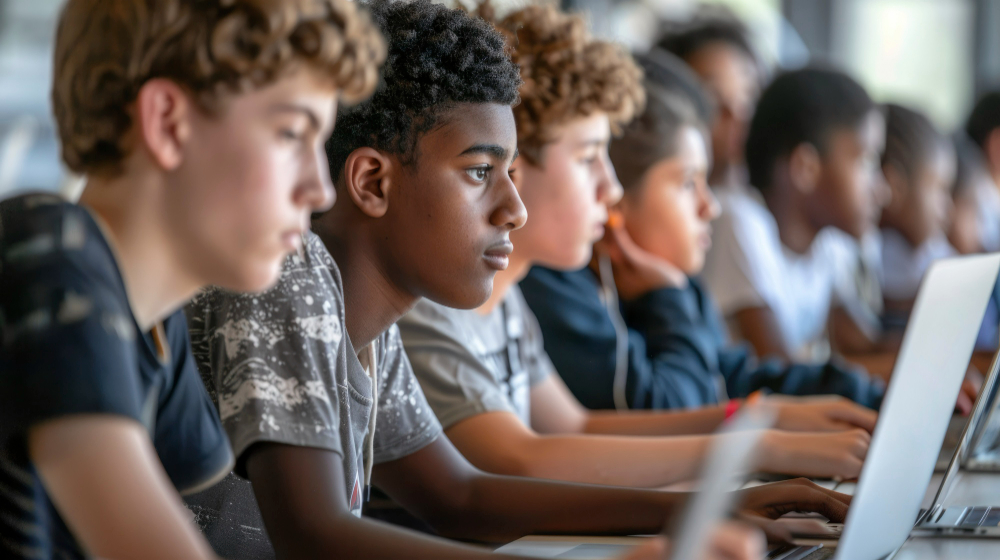



Leave a Comment